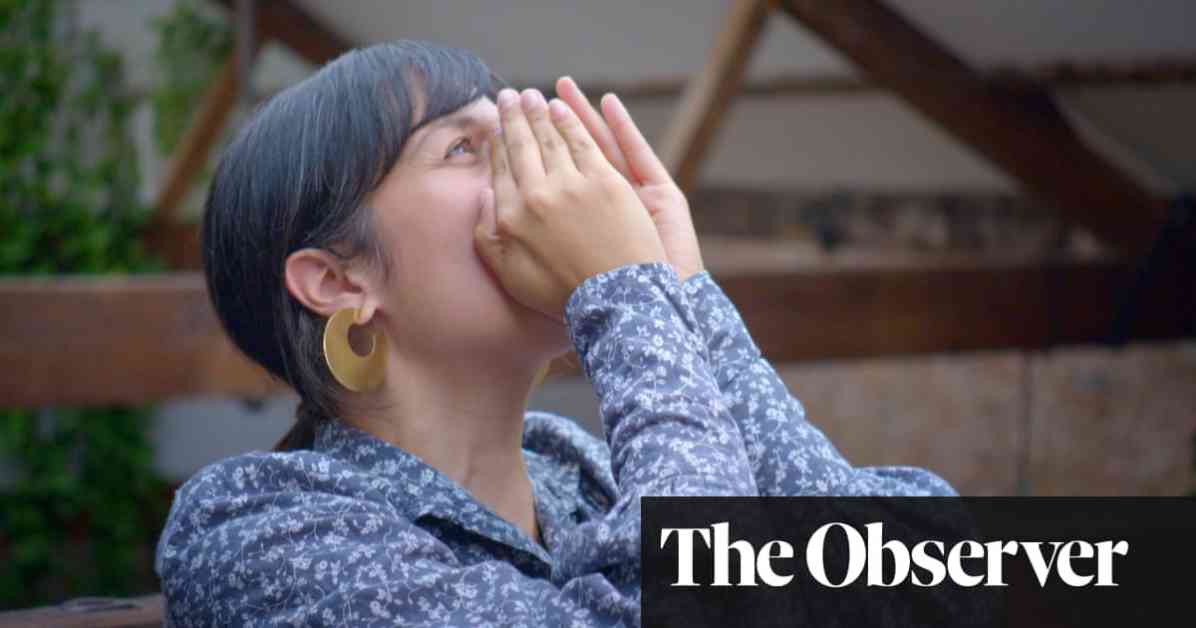Natasha Khan, also known as Bat for Lashes, is not just a singer but also a believer in the power of witchery. During her UK tour, she captivates her audience not only with her music but also with her howling and stage presence, wielding a large stick to channel the energy of witchcraft. According to Khan, tapping into the world of witchery allows her to showcase the confidence and power of women on stage.
In addition to her live performances, Khan is featured in a new documentary titled Investigating Witch Trials, which airs on Channel 4. The documentary, led by Suranne Jones, explores the history of witch persecution in locations like Pendle and Salem. Khan and Jones howl together as a form of self-liberation, emphasizing that anyone can access their intuition and inner power, making them a “witch” in a positive sense.
Khan delves into the historical context of the word “witch,” noting that it was used to suppress women who possessed knowledge of natural remedies and a deep connection to nature. She believes that women’s power was feared by patriarchal societies, leading to the demonization of witches. However, she encourages women to reclaim the label and embrace the archetype of the witch as one aspect of female identity.
As a mother in her mid-40s, Khan feels more confident in her magical abilities, viewing her performances as a way of casting spells and shifting energy in a room. She has even created her own Motherwitch Oracle deck of divination cards, inspired by her experience of giving birth to her daughter. Khan sees a resurgence of interest in witches as a longing for a deeper connection to the natural world, which has been lost in modern society.
The documentary Investigating Witch Trials also sheds light on the historical persecution of witches, such as the Pendle Witches in 1612, who were hanged for witchcraft based on accusations from local families. Art historian Luisa MacCormack highlights the role of the Malleus Maleficarum, a book that fueled anti-women sentiments and led to the persecution of witches.
Through her music, performances, and involvement in the documentary, Natasha Khan brings attention to the power and wisdom of women, urging them to embrace their inner magic and reclaim the identity of the witch. As society reconnects with the natural world, the resurgence of interest in witches reflects a deeper need for healing and empowerment among women.









